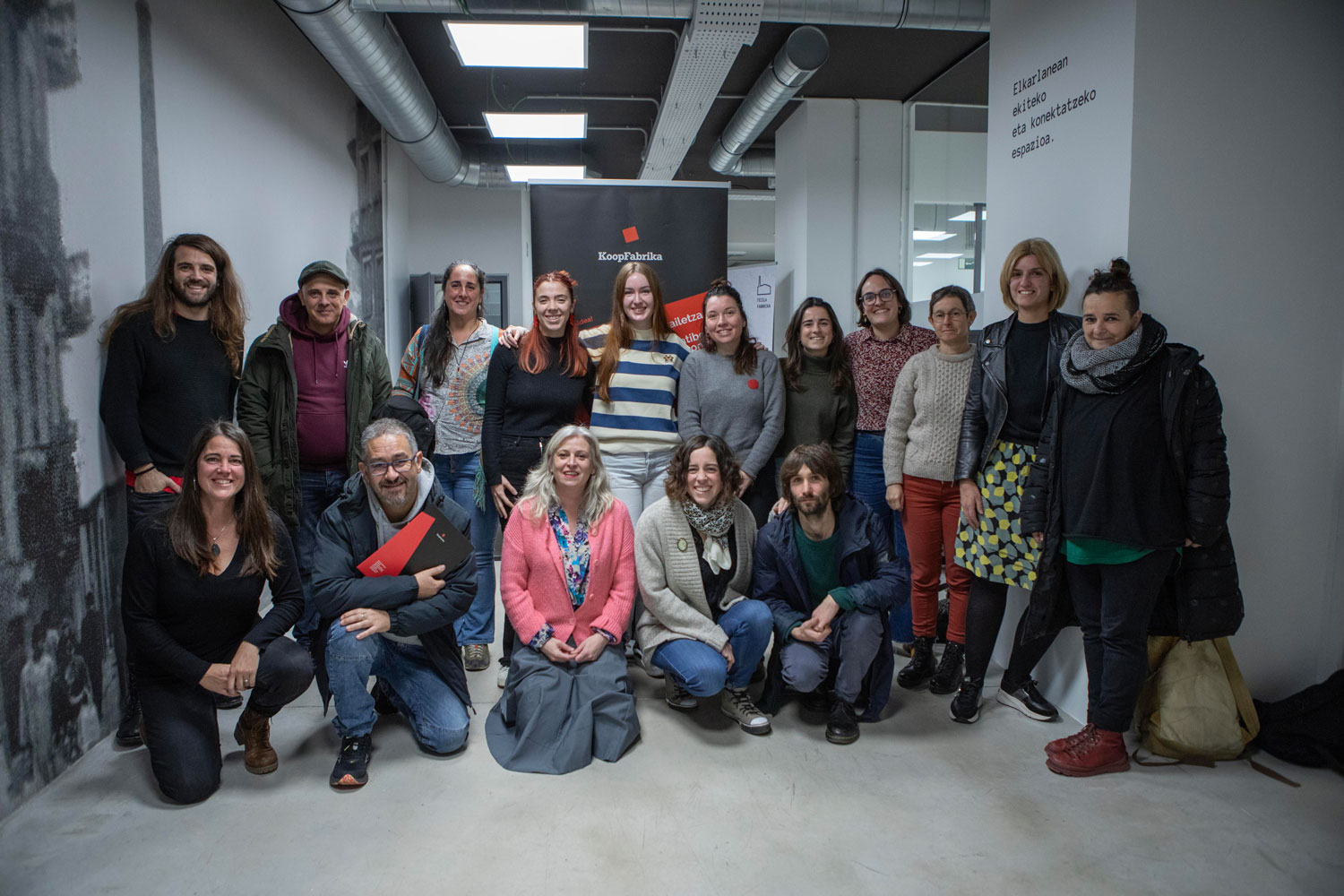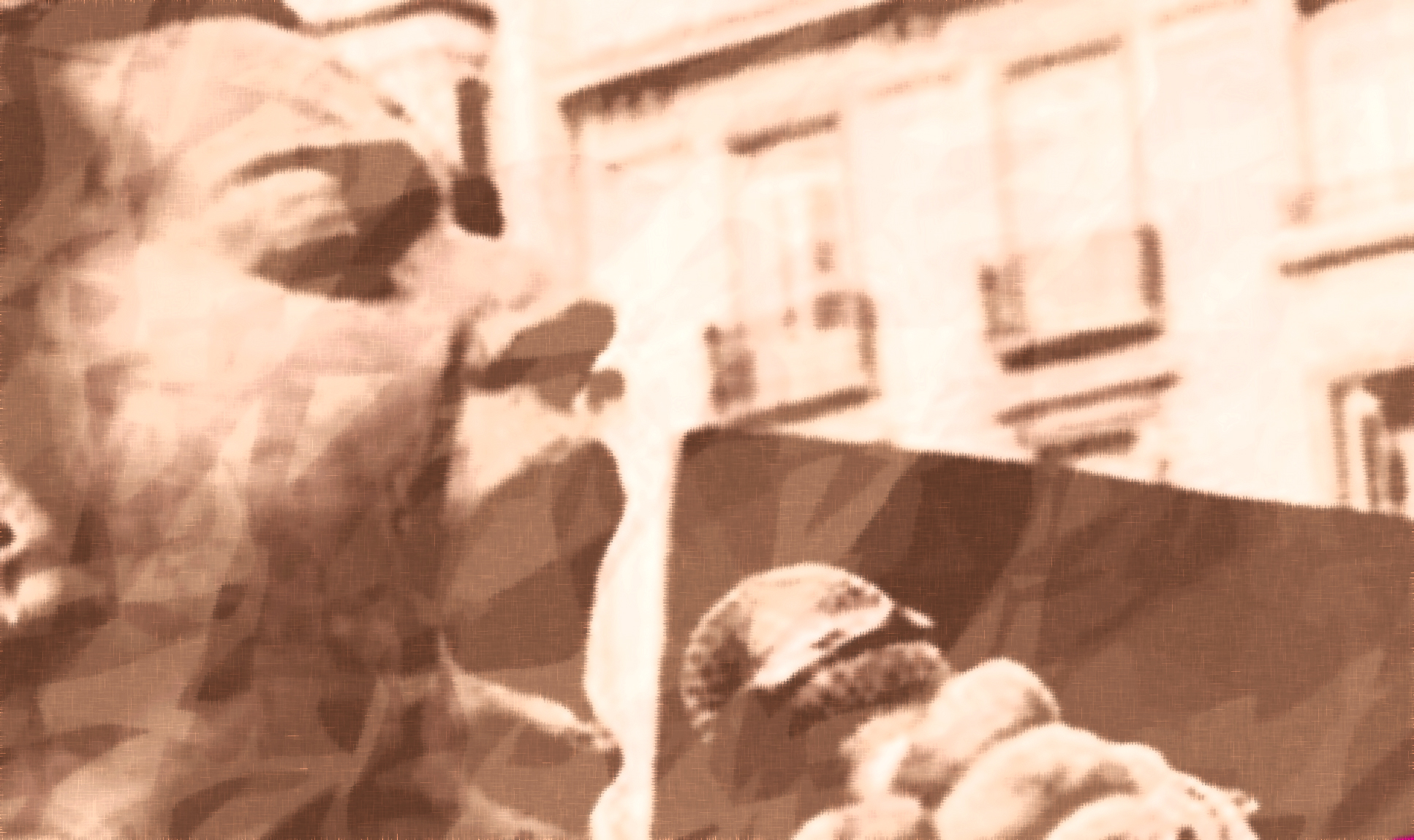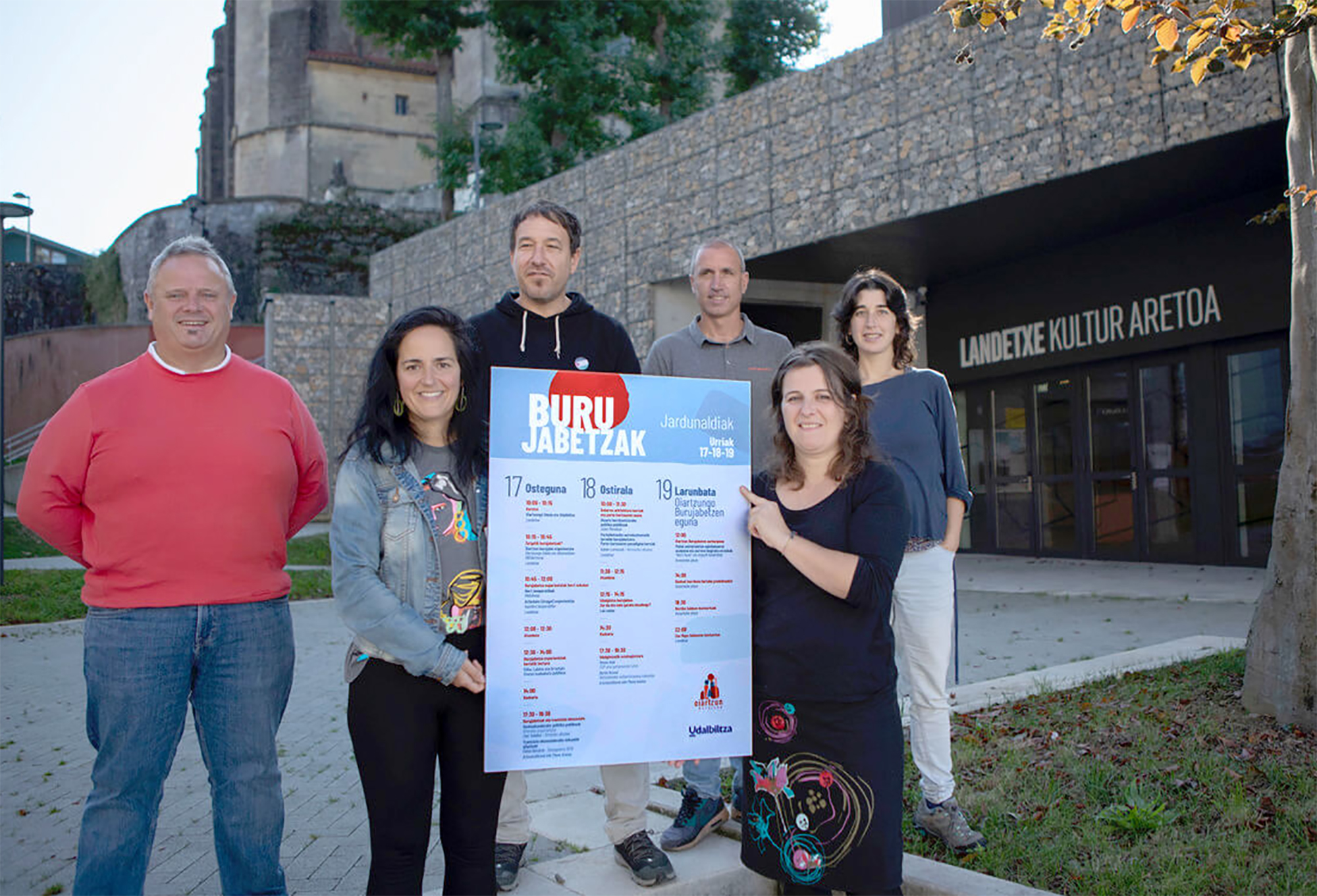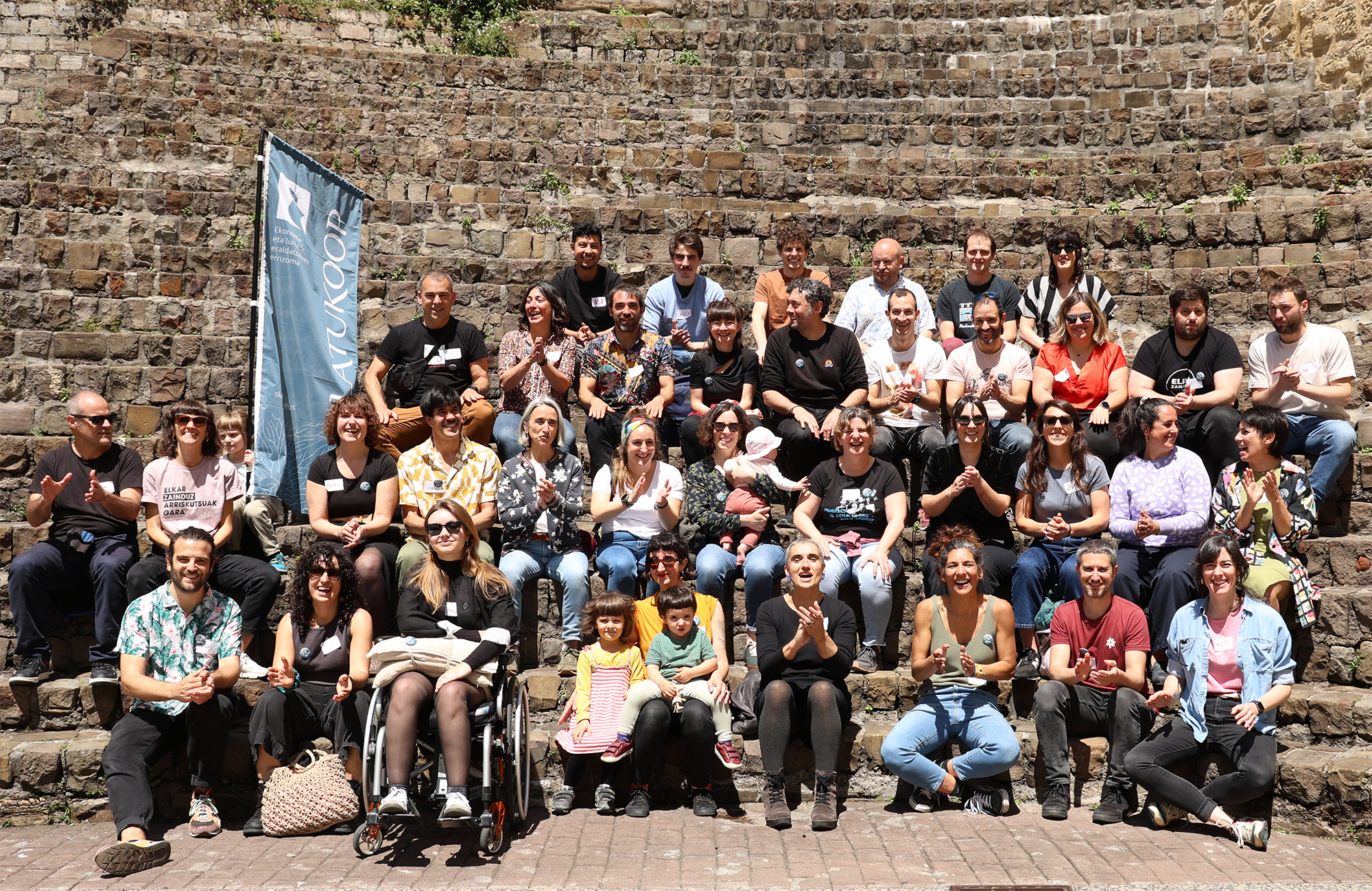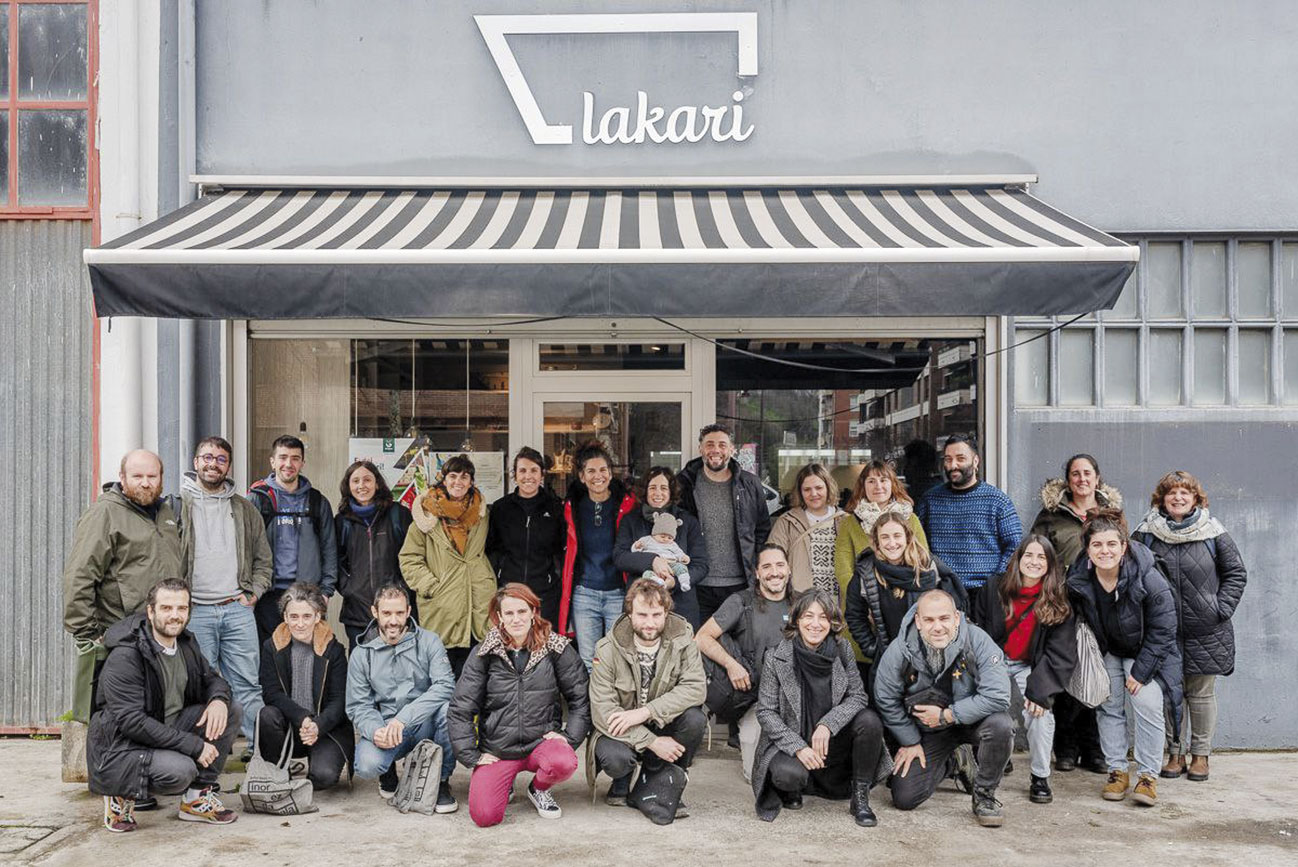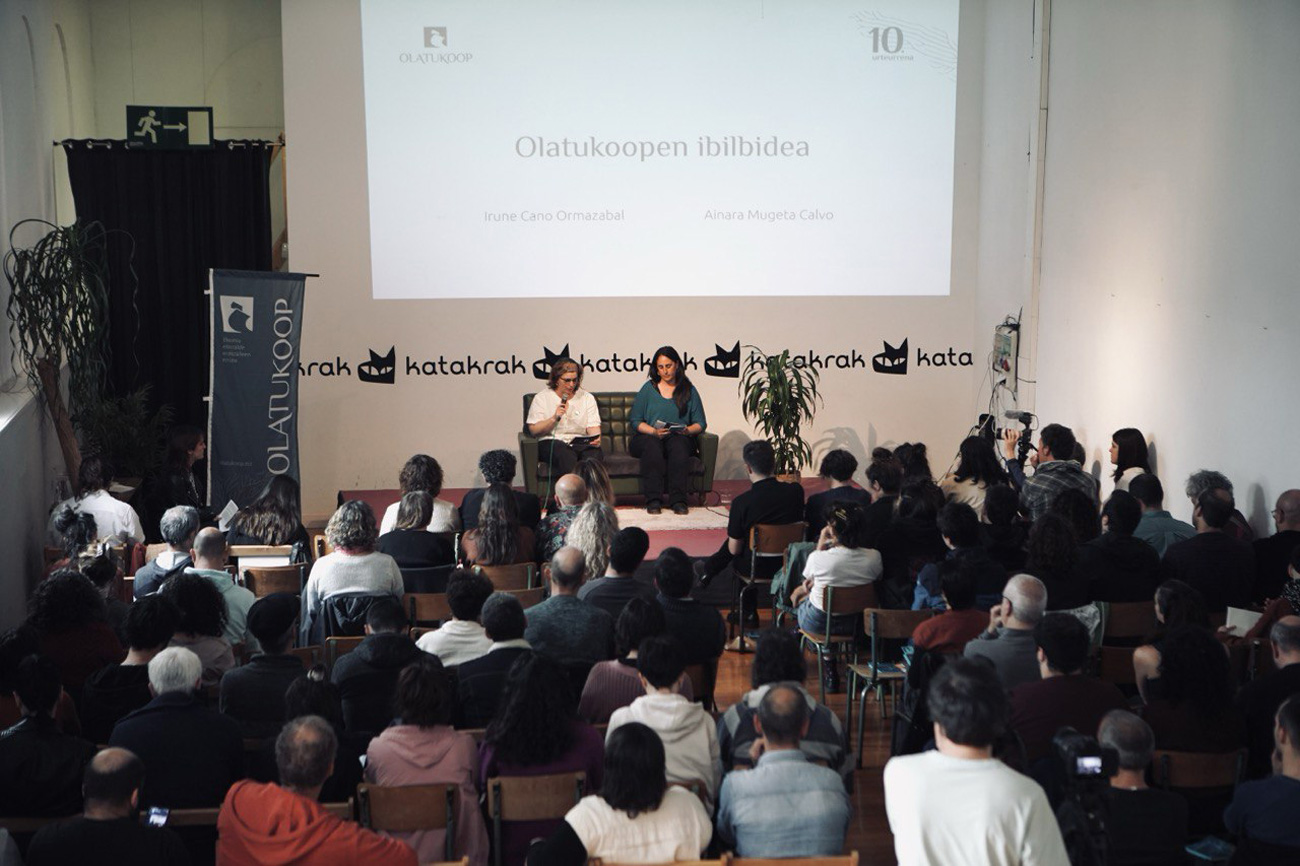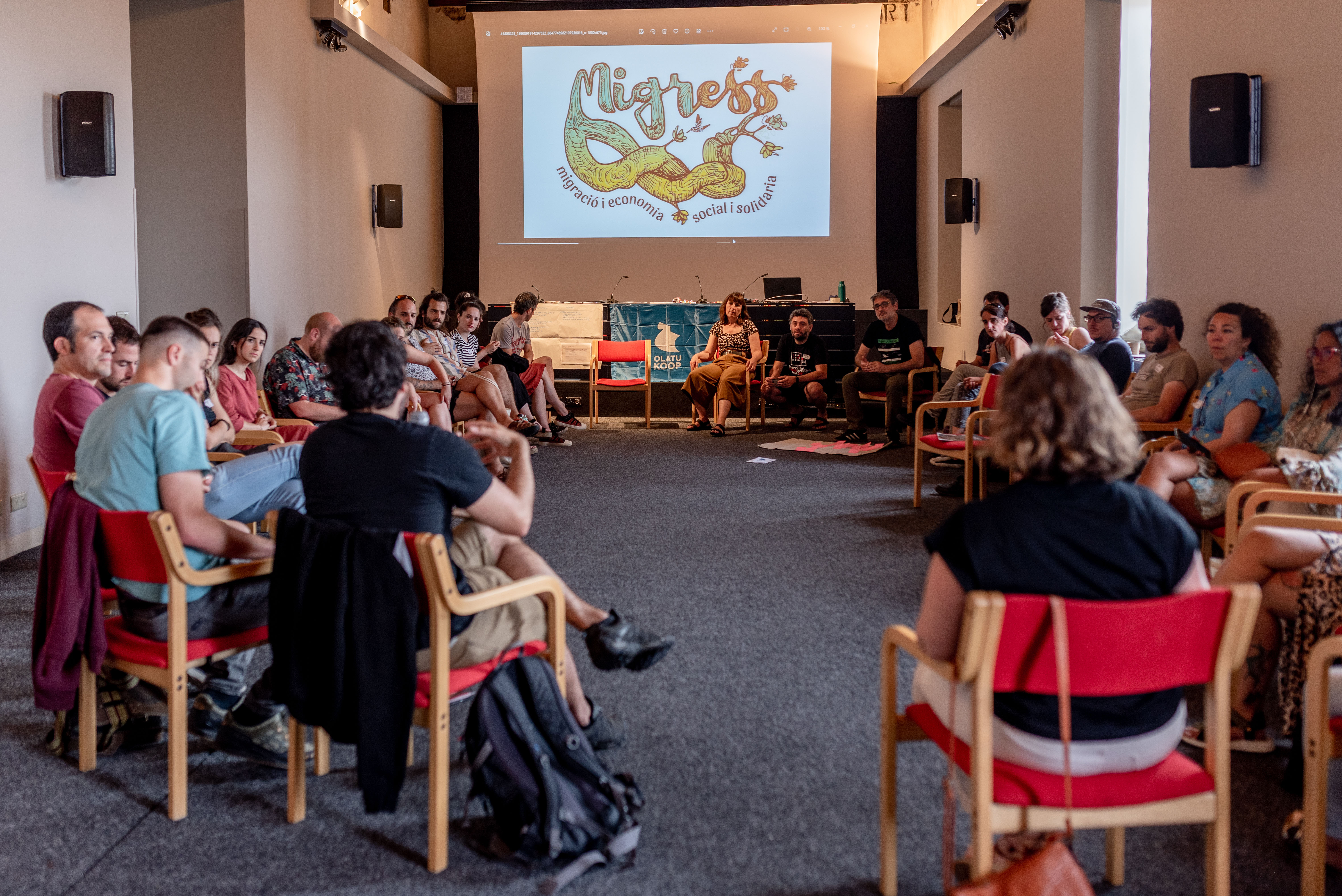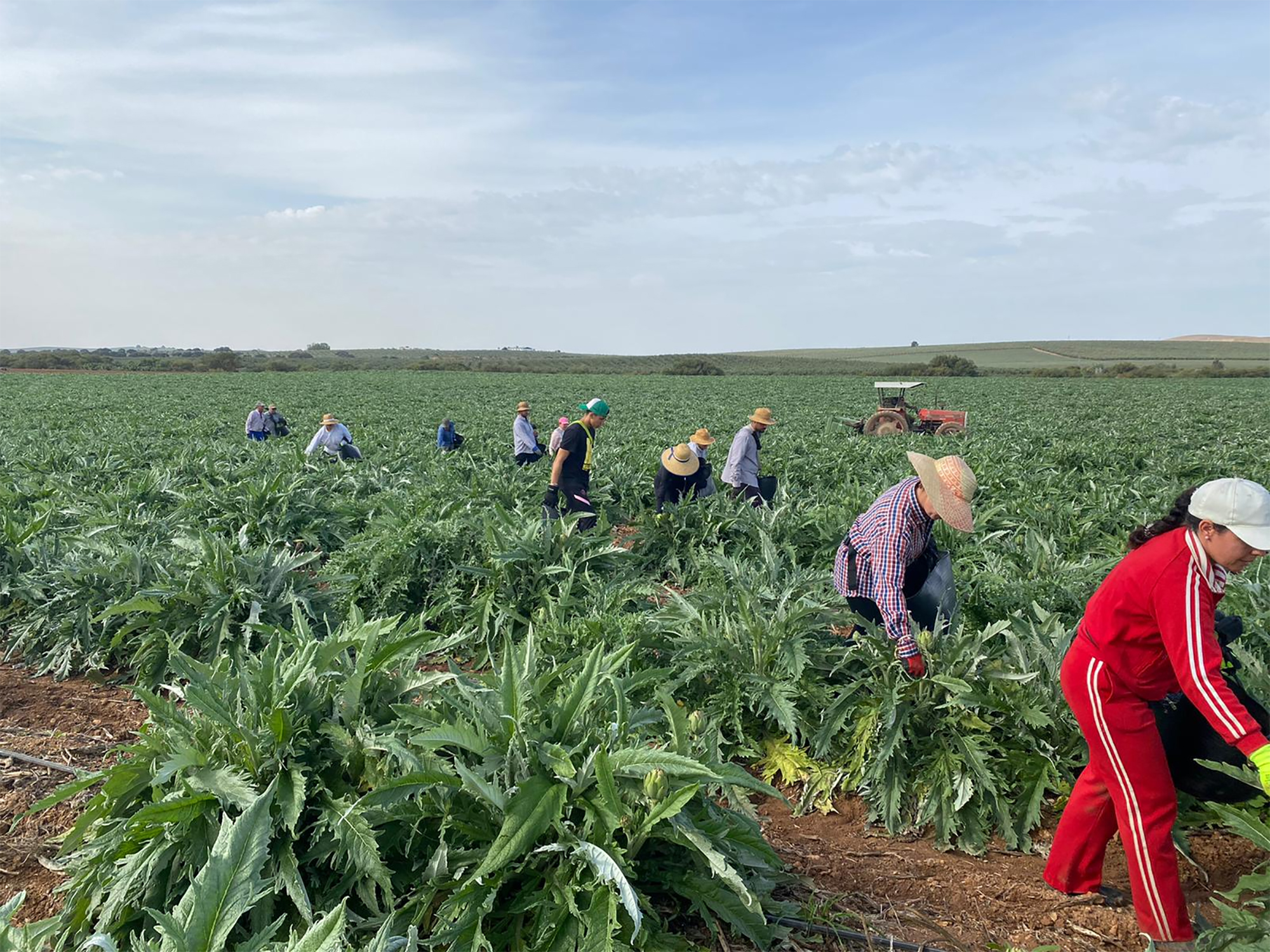Last jump
- Since 11 October, the Goiener cooperative, integrated in the renewable energy sector, has officially joined the company Ur Jauziak de Oñati. Following the decision of the Basque Energy Agency to leave the company in 2015, it has become the new technical partner sought by the City Hall of Oñati. It is an important step for the complete cycle of energy that reaches the households of the municipality to be within reach.
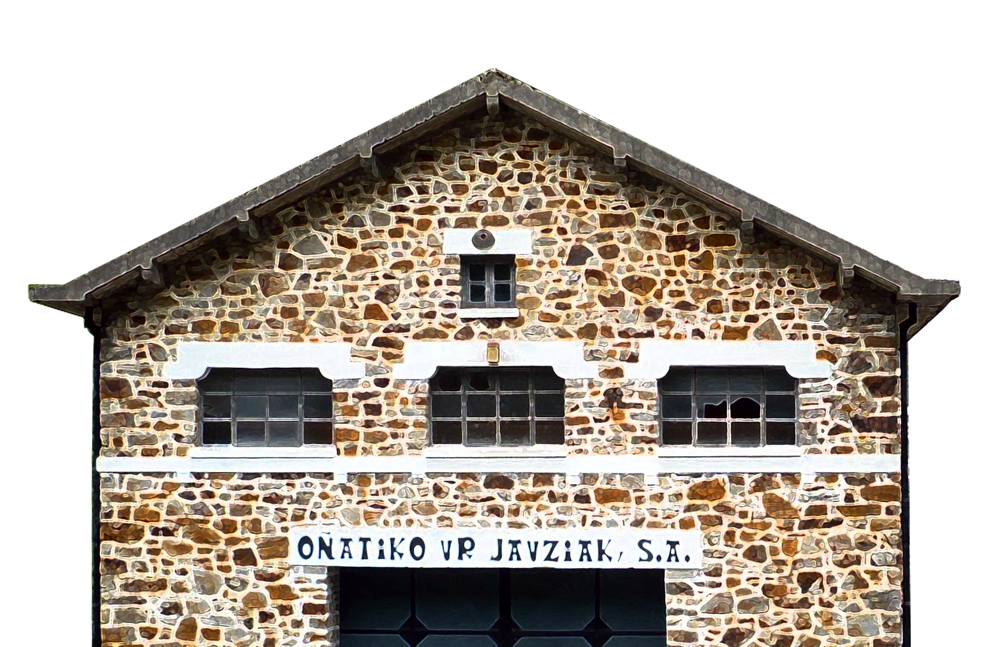
In Oñati they generate energy through six power plants located in the valley of the River Deba. The Olat plant is probably the most well-known to the public. Oñatiarras have a great tradition of walking, running or biking around the corners of Olate, but as they pass through the center, a few will realize that there are more than a hundred years of history behind those stone walls.
The beginnings of energy production in Oñati lead us until 1893. It was then, at the initiative of three citizens, that the first electric company, Biain and Cía, was founded. The founders received a concession to disrupt the river in the Araotz district, near the Shrine of Arantzazu. Several decades later, between 1915 and 1920, Biain and Cía was bought by the powerful Union Cerrajera. Cerrajera made numerous investments, including the construction of the Olate plant. But in 1925 the City of Oñati asked Cerrajera to expropriate part of the municipal energy network.
From there began an era full of confrontations, as the strength of the industry was evident in the people. As Oñati’s energy distribution network could not meet all the needs, the City Hall signed an agreement with the company Antonio Lezama to transfer electricity to the industry. In 1960 Antonio Lezama sold his business to Iberduero, the current Iberdrola. However, the distribution of energy for the Oñati industry remains in the hands of Iberdrola and the distribution at home is carried out by public body Oñargi.
Oñati Mayor Mikel Biain believes that Oñargi’s added value is the “closeness” of the service, although there are no differences in the price compared to the larger energy distributors. In particular, the mayor stressed that this is a sovereign people thanks to the energy that Oñati distributes to their homes: “Local waterfalls generate about 15 million kilowatts a year, enough to supply all homes, shops and buildings that do not need industrial energy.”
The year 1989 was a milestone in the history of Oñati’s energy management. The City Hall bought Unión Cerrajera the power plant of Olate and founded the company Ur Jauziak (OUJ) of Oñati, being 90% of the property of the City Hall and 10% of the Basque Energy Agency (EVE).
In Oñati they have been producing, distributing and disseminating energy for more than a century; the last impulse for commercialization is missing
The founding agents of the OUJ have now been joined by the Goiener cooperative. It will also have 10% ownership, after facing a capital increase of EUR 445,000 from the public company. The director of Goiener, Santi Ochoa de Eribe, explained that the intention to collaborate was not suddenly manifested, “2015.urtean The participation of the ERE was about to go extinct in the OUJ and we have now been able to realize the distant desire that they both shared to collaborate with the City Hall of Oñati”. Biain has also been optimistic with the agreement between the two companies, “we are glad to be a new significant partner on the energy map of Euskal Herria. Among other things, they will help us identify the opportunities that will be created in the sector in the future and take good opportunities.”
Goiener's incorporation into the OUJ project seems to have prompted the Basque Energy Agency to change the attitude it showed two years ago to abandon the project. The EVE has chosen to maintain 10% of the company’s ownership since its inception.
Although only one meeting has yet to be held, the Mayor has explained the next step that will be taken in common: “It will be an investment plan to improve the production of the plants with the contribution of Goiener and the amounts of the partnership.” In the same vein, Ochoa de Eribe considers that, before the entry of Goiener, the situation of the OJ is "good" and, with the growth of capital, will face the improvement of the facilities of the plants.
The last step is missing
In Oñati they have been producing, distributing and disseminating energy for over a century, but there is a lack of the last marketing impulse to fill the three pillars of energy. It is currently carried out through the Merkaoña marketing company, but it does not sell the energy directly. Merkaoña is a project born of the union of small merchants of Aramaio, Tolosa, Leintz Gatzaga or Oñati. These small public companies acquired the small share of the electricity company CHC, so the marketing of local energy is carried out by the CHC itself.
In view of the doubt that the philosophy of a company as large as the CHC corresponds to that of the City of Oñati, the next challenge for Biain is to sell the energy produced through a local agent to the citizens: “For the time being, Goiener has entered the world of production, but with his help we would like to start marketing Oñargi energy.” He says that it would be a step that would “round off” the work being done in Oñati towards energy sovereignty.
Faced with this mid-term scenario, Ochoa de Eribe sees the doors open: “We should make a preliminary analysis of the situation to propose the most comfortable and democratic technical alternative, but we also collaborate with other marketing cooperatives and we are well aware of the activity.”
One of the major projects developed by Olatukoop with other actors is KoopFabrika, a programme created in 2017 with the aim of boosting social entrepreneurship and which is currently underway.
Initially, the first idea was that the cooperatives and agents that gathered around... [+]











